In June 2020, the Department introduced the ash Reconstitution and Underplanting Scheme (RUS), which provided a grant for clearing and/or underplanting diseased woodlands. The scheme was heavily criticised by the IFA, Irish Forestry Consultants Association and the Limerick-Tipperary Woodland Owners (LTWO) Ltd as totally inadequate.
It is also proving unworkable as only 280ha have been approved within the scheme over the past 14 months. Most growers are not applying, as the scheme does not address their future loss of income, which amounts to €62,000/ha for hurley ash alone with extra income for firewood and commercial furniture lengths as the ash matures.
In this week's edition, Billy Lee, like other growers, believes “the Department should bear responsibility for introducing the disease to Ireland”.
Instead, there is no acknowledgement by the Department of the magnitude of the financial loss and emotional cost incurred by people like Lee. In many instances, barriers are being placed in the way of those who wish to fell their dying woods and start all over again.
To address this, the Department should heed the call of the IFA and the LTWO by revising the RUS, including the introduction of annual 15-year premiums for growers who have lost their woodlands through no fault of their own.

\ Jim Cogan
Ramping up coal-fired electricity
The ramping up of coal-fired electricity generation in Moneypoint is yet another example of the lack of joined-up thinking within the Government. While, as Declan O’Brien details in this week's edition, there are a number of factors at play, facilitating the explosion of data centres around the country has only served to increase the challenge of transforming our electricity system away from fossil fuels.
It is estimated that 30% of our electricity demand inside the next decade will be consumed by these data processing facilities.
The emissions from generating this electricity, to provide a data service that is exported, is borne by Ireland while the rest of the world benefits. Yet these facilities that employ few people and import the required equipment have been encouraged at the same time as some obsess over the need to cull cows.
In June 2020, the Department introduced the ash Reconstitution and Underplanting Scheme (RUS), which provided a grant for clearing and/or underplanting diseased woodlands. The scheme was heavily criticised by the IFA, Irish Forestry Consultants Association and the Limerick-Tipperary Woodland Owners (LTWO) Ltd as totally inadequate.
It is also proving unworkable as only 280ha have been approved within the scheme over the past 14 months. Most growers are not applying, as the scheme does not address their future loss of income, which amounts to €62,000/ha for hurley ash alone with extra income for firewood and commercial furniture lengths as the ash matures.
In this week's edition, Billy Lee, like other growers, believes “the Department should bear responsibility for introducing the disease to Ireland”.
Instead, there is no acknowledgement by the Department of the magnitude of the financial loss and emotional cost incurred by people like Lee. In many instances, barriers are being placed in the way of those who wish to fell their dying woods and start all over again.
To address this, the Department should heed the call of the IFA and the LTWO by revising the RUS, including the introduction of annual 15-year premiums for growers who have lost their woodlands through no fault of their own.

\ Jim Cogan
Ramping up coal-fired electricity
The ramping up of coal-fired electricity generation in Moneypoint is yet another example of the lack of joined-up thinking within the Government. While, as Declan O’Brien details in this week's edition, there are a number of factors at play, facilitating the explosion of data centres around the country has only served to increase the challenge of transforming our electricity system away from fossil fuels.
It is estimated that 30% of our electricity demand inside the next decade will be consumed by these data processing facilities.
The emissions from generating this electricity, to provide a data service that is exported, is borne by Ireland while the rest of the world benefits. Yet these facilities that employ few people and import the required equipment have been encouraged at the same time as some obsess over the need to cull cows.




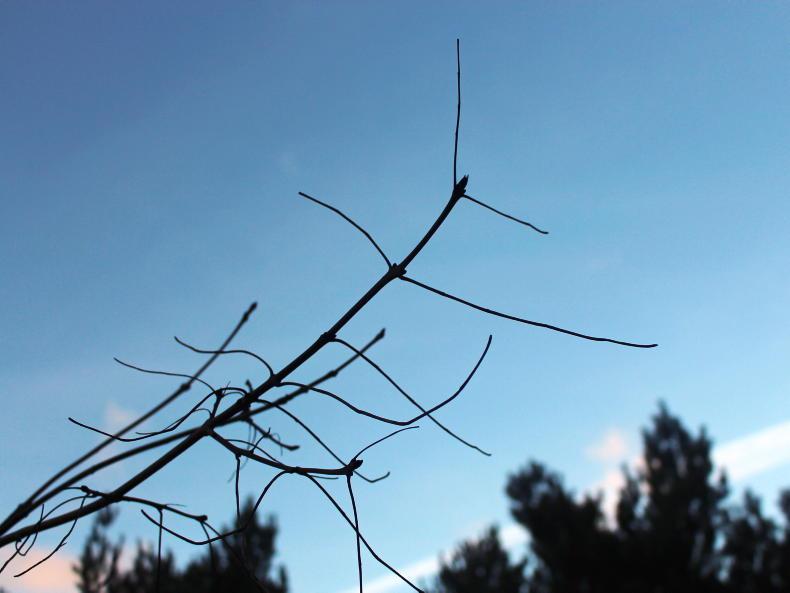


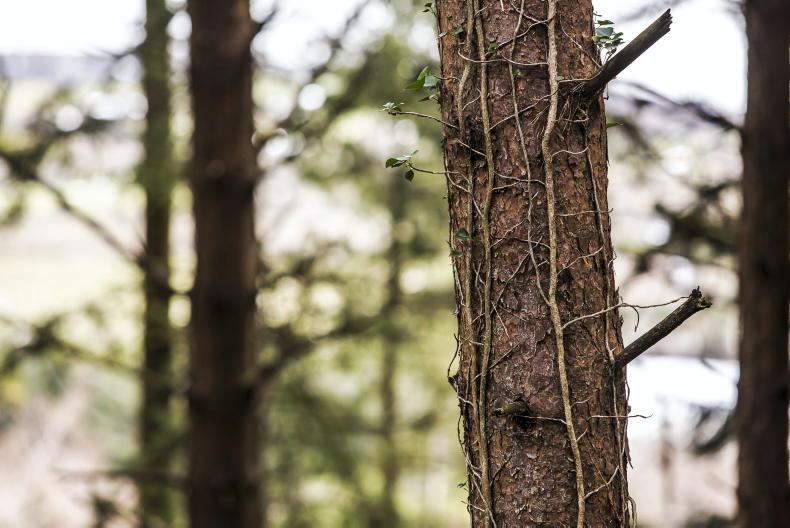

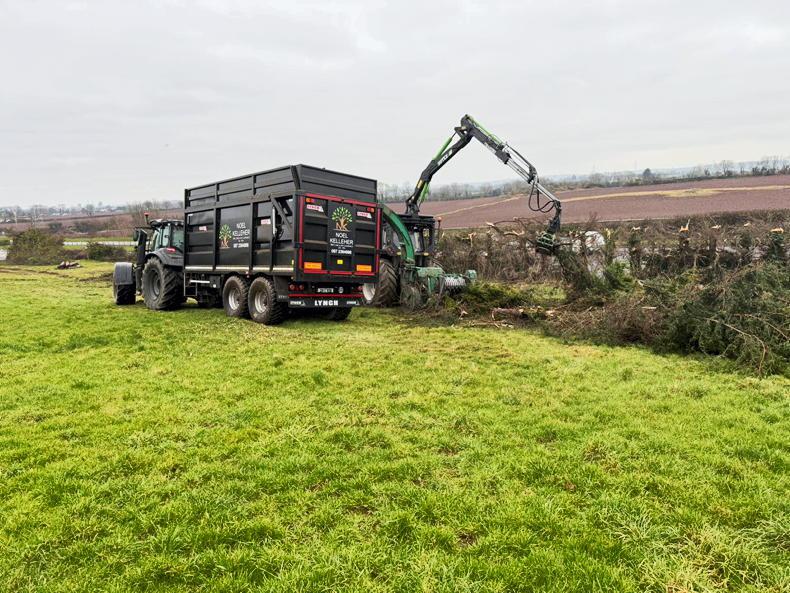
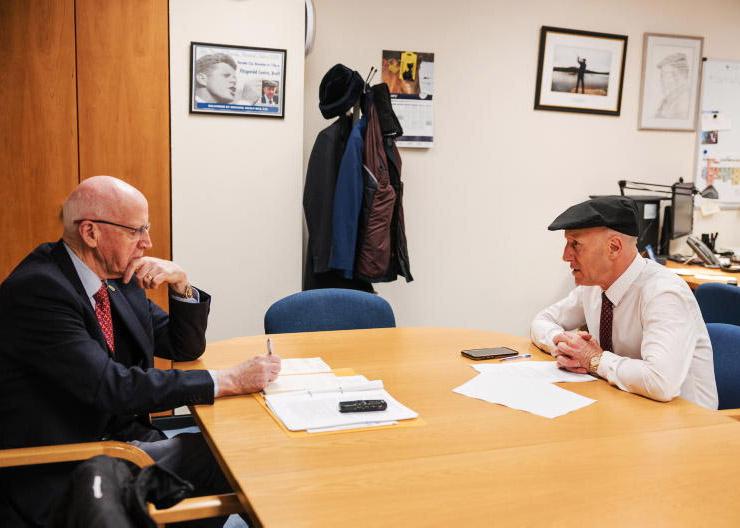
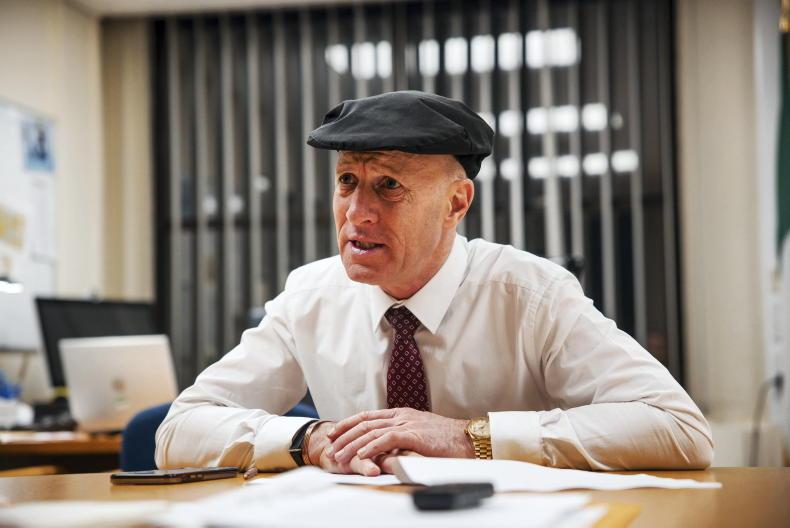
SHARING OPTIONS